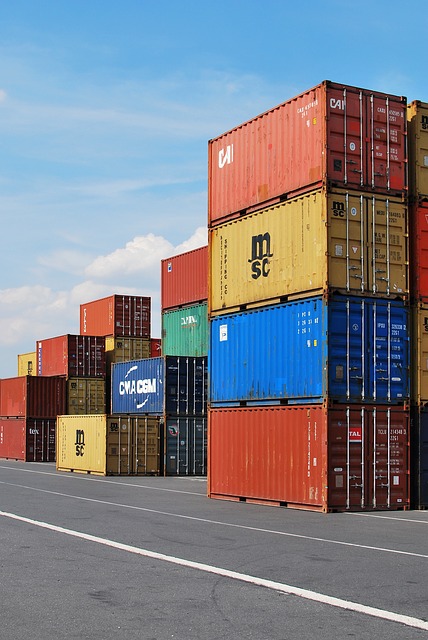Importing products from China has become a popular option for many companies and entrepreneurs looking to reduce costs and increase profits. However, while there are numerous advantages to importing from China, there are also disadvantages to consider. In this article, we will explore the advantages and disadvantages of importing from China so that you can make an informed decision on whether it is the best option for your business. We’ll look at topics like shipping and customs costs, product quality, communication with suppliers, and intellectual property protection, among other key factors. In the end, you’ll have a better understanding of the risks and benefits associated with importing from China, helping you make an informed decision about whether it’s the best option for your business.
Are you Considering Importing from China?
If you are looking to import products from China, it is important that you consider both the advantages and disadvantages that this entails. In this article, we will provide you with all the information you need so that you can make an informed decision about whether importing from China is right for you.
Advantages of Importing from China
Competitive price: One of the main reasons why many people choose to import from China is due to its competitive price. Production costs are lower in China, which translates into cheaper priced products.
Variety of products: China is known for being the manufacturer of a wide variety of products, which makes it easy to find what you need. If you are looking for a specific product, chances are you can find it in China.
Low MOQ: MOQ stands for Minimum Order Quantity. In China, the MOQ is lower than in other countries, which means that you can place smaller orders without investing heavily.
Quality: Many products made in China meet high quality standards, especially if you work with well-known and trusted manufacturers.
Disadvantages of importing from China
Communication issues: The language barrier and cultural differences can make communication with Chinese suppliers difficult and time consuming.
Quality issues: If due diligence is not done, you may find suppliers that do not meet the quality standards you expect, which can lead to problems with your orders.
Delivery times: The delivery time may be longer than what you are used to, which may affect your production and delivery times to your customers.
Customs Risks: The import process can be complicated, especially if you are new to this process. Fees and regulations may change without notice, which may affect your budget and time.
How to Overcome the Disadvantages of Importing From China?
Make sure you work with trusted and well-known providers with a good reputation.
Learn the basics of the Chinese language and try to learn more about Chinese culture, which will help you communicate better.
Be patient and set realistic deadlines for your orders. Ask for samples to assess quality before placing a large order.
Research import regulations and tariffs before placing an order. If necessary, seek the help of a customs broker to avoid problems.
Conclusion
Importing from China can have many advantages, such as competitive prices and a wide variety of products. However, there are also disadvantages to consider, such as quality issues and longer delivery times. By learning the advantages and disadvantages of importing from China, you can make an informed decision about whether it is right for you. If you decide to go ahead, be sure to do a thorough and thorough investigation.
